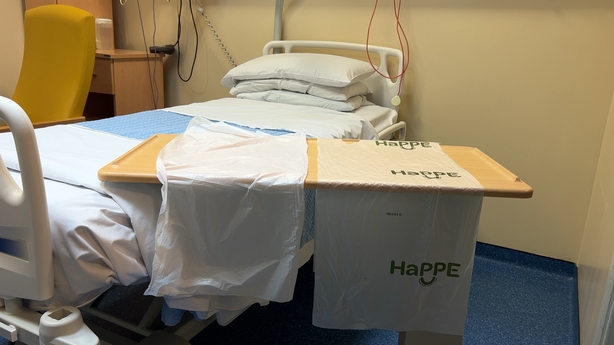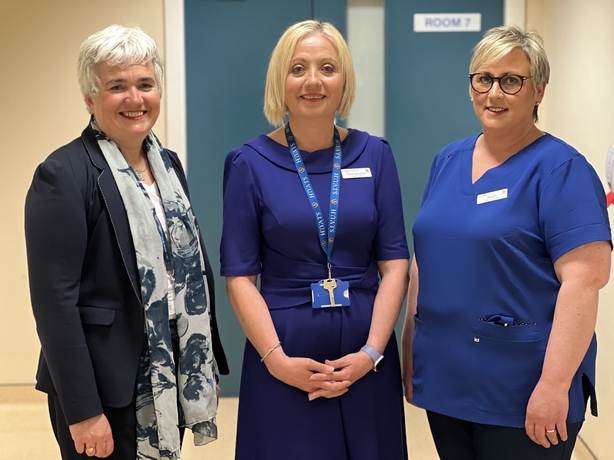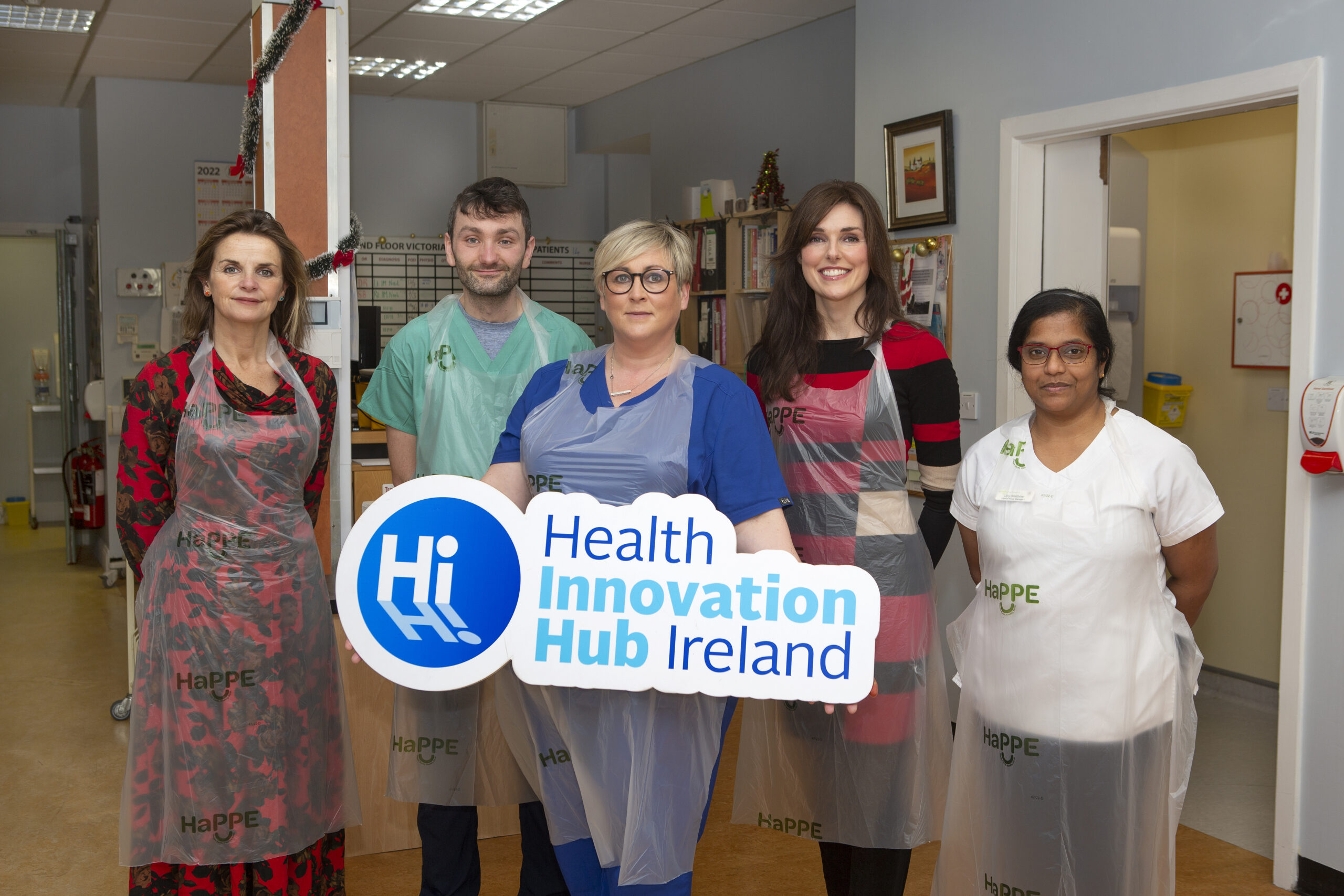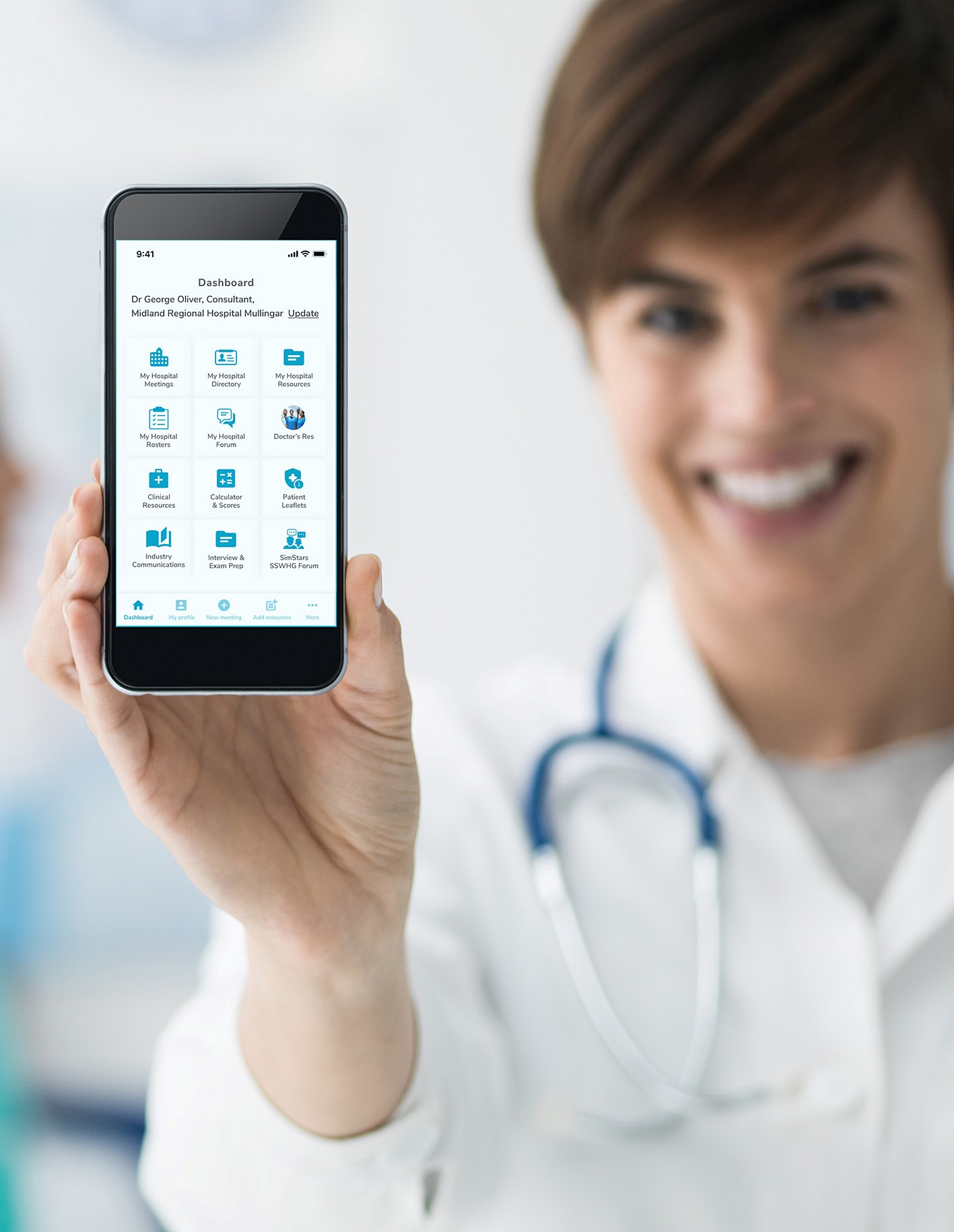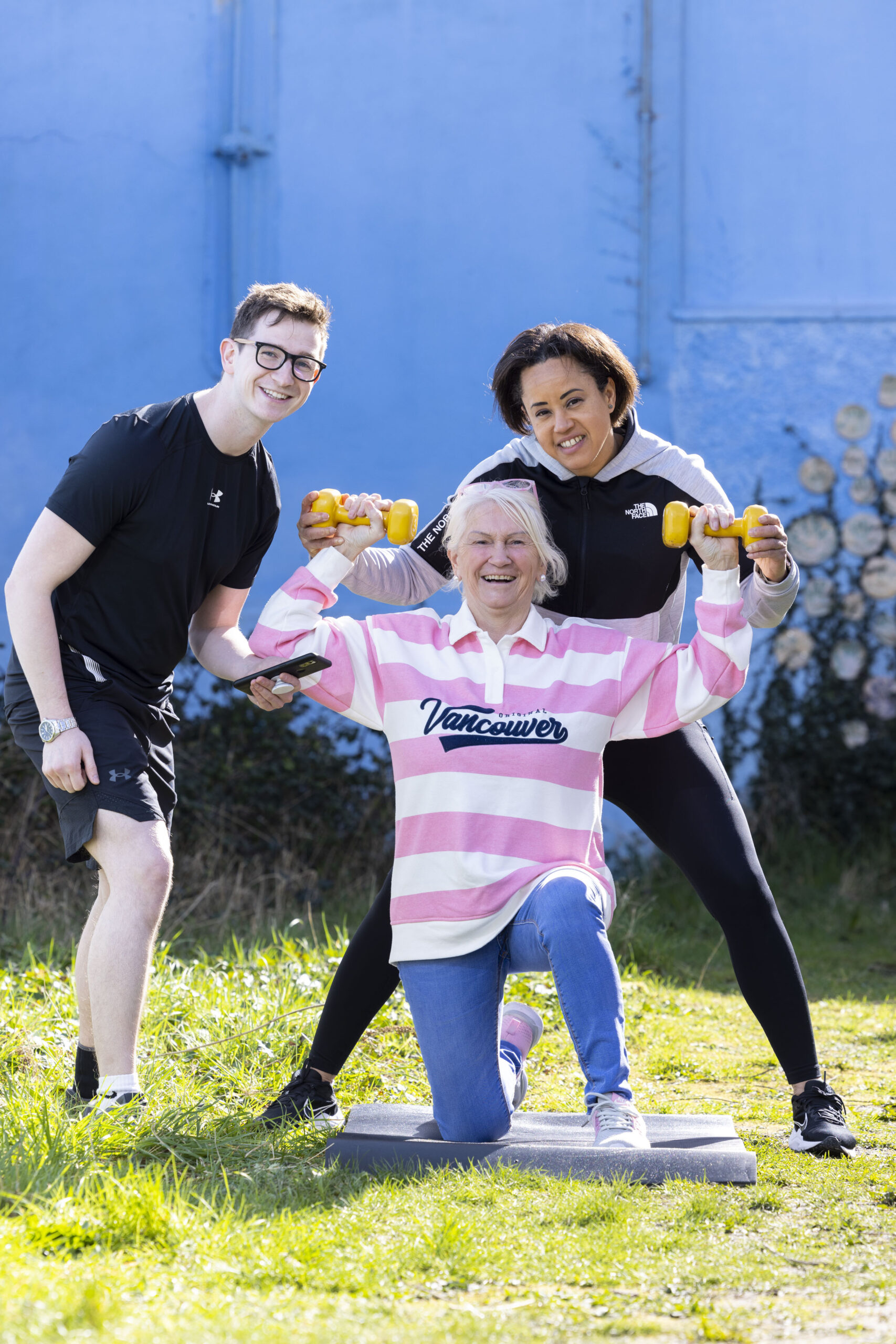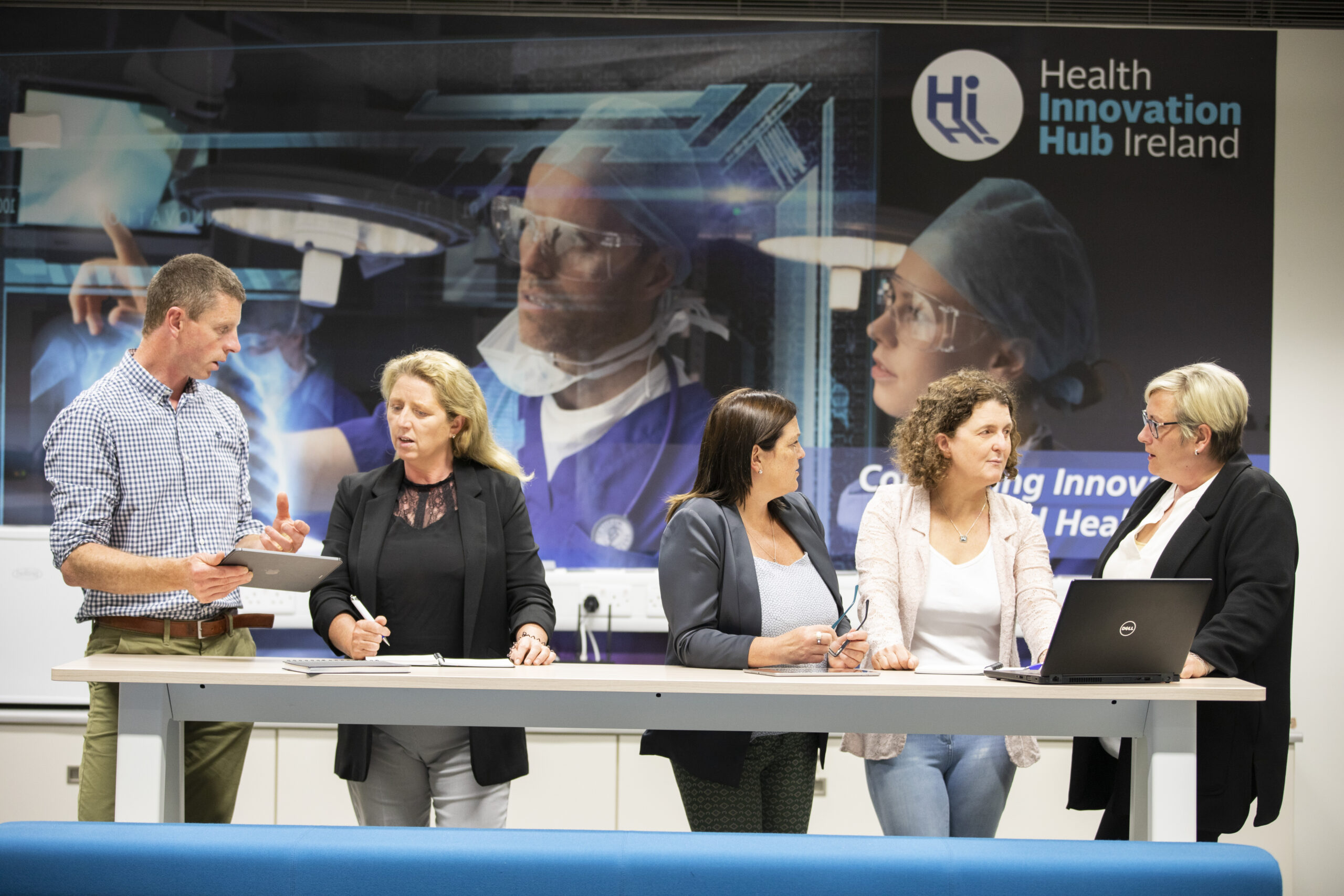Health Innovation Hub Ireland (HIHI) has become Ireland’s first EIT Health Bridgehead Catalyser, aiming to facilitate the introduction of ground-breaking healthcare innovations from companies across Europe into the Irish healthcare system. By joining the EIT Health network as a catalyser, European health tech start-ups will have the opportunity to test and validate their solutions across HIHI’s hospital network in Ireland. HIHI as a Bridgehead Catalyser will help foster impactful advancements in the field of healthcare.
The EIT Health Bridgehead accelerator programme is designed to bridge the gap between promising healthcare innovations and their implementation in real-world settings by connecting companies with key stakeholders in target countries.
Through the Bridgehead programme, early-stage companies developing health tech solutions gain access to a network of Bridgehead partners, which include leading healthcare organisations, academic institutions, and innovation hubs across Europe. These partners possess extensive knowledge and expertise in their respective local healthcare systems, regulatory frameworks, and market dynamics.
“Being the first Irish catalyser in the EIT Health Bridgehead Programme, HIHI has an opportunity to bring new European ideas to the Irish marketplace to improve service delivery. At the same time, it allows them to gain access and exposure to participate as peers in a wider European innovation ecosystem,” said Marc Butterly, Business Creation Lead, at EIT Health Ireland-UK.
Established by the Department of Business, Enterprise and Innovation and the Department of Health, supported by Enterprise Ireland (EI) and the Health Service Executive (HSE), HIHI works to drive collaboration between the health service and enterprise. Dr. Tanya Mulcahy, Director of Health Innovation Hub Ireland, (pictured above) said, “We are delighted to be Ireland’s first EIT Bridgehead Catalyser. Through this EIT Health programme, we will support companies from across Europe to access the Irish healthcare system, introducing new innovations and supporting better healthcare for all. We are looking forward to seeing some impactful innovations coming through the programme.”
With its deep understanding of Ireland’s healthcare landscape, HIHI is well-positioned to identify and support the adoption of transformative technologies, products, and services.
The EIT Health Bridgehead Programme offers an opportunity for HIHI to collaborate with European innovators and healthcare organizations, fostering knowledge exchange and driving collective progress.



